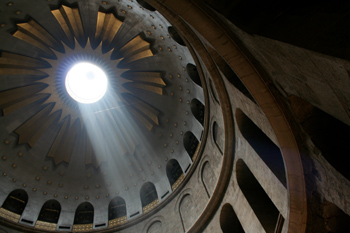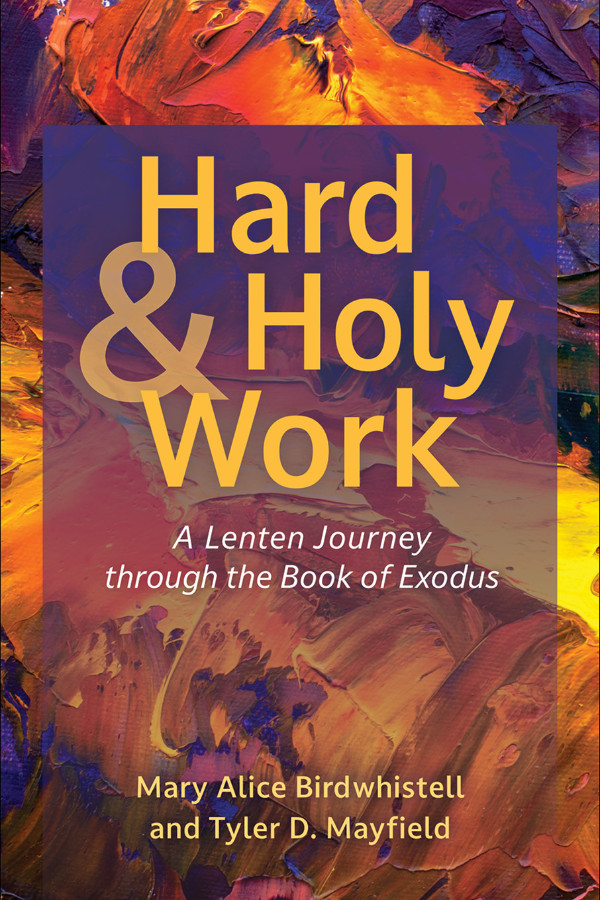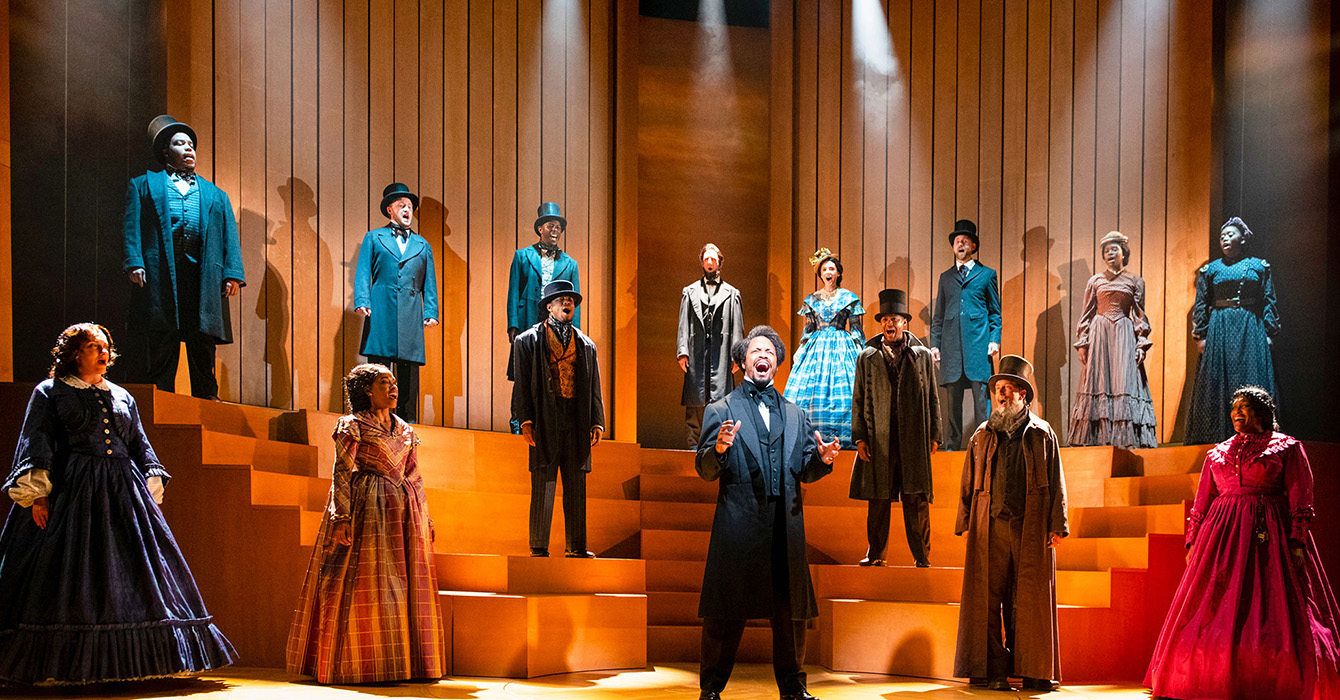Federal prisoners in the Drumheller Institution, a medium-security prison in Alberta, Canada, taught Canadian Christian singer-songwriter Steve Bell how to play guitar.
“I love saying it,” he explained in a 2014 interview, “but I’ve recorded 17 albums and done about 2,000 concerts around the world in part because Canada’s most unwanted men took me into their circle when I was a boy.”
I recently spent a few days at a retreat center where Bell led the music and shared stories of his life and Christian faith. Bell’s stories helped me think about the concept of turning this Lent, both what I turn away from and what I turn toward.
Bell’s mother struggled with depression and anxiety, which led eventually to the family’s rejection by the church where Bell’s father served as pastor. The church was unprepared for her panic attacks and other symptoms; it “didn’t have a catcher’s mitt for that kind of woundedness,” Bell said.
But the recently built federal prison in nearby Drumheller needed a chaplain, and Bell’s father got the job. The inmates welcomed the family.
The prisoners, including many First Nations people, had not led tidy lives, Bell said, so they did not expect anything different from their pastor’s family. “It was a safe place for my mom to be sick,” Bell said. “It was like, ‘Come hang with us losers; we’re all fine. You don’t need to be well here.’” The prison was a “raw faith environment,” he said, “rough but wonderful.”
Bell was 8 when he became the inmates’ guitar student. “The inmates, some of whom [were] great guitar pickers in the Chet Atkins style, were permitted to have jam sessions in the chapel on Saturday afternoons,” Bell explained. They invited Bell to join them when they saw his interest.
Bell sold Christmas cards door to door to earn enough money to buy his own guitar from the Sears catalog so he could sit with the men each week. They welcomed him as an equal, treating him with respect and without judgment. They didn’t give him unsolicited advice about his playing, instead letting him learn by listening and watching their fingering techniques.
Years later, Bell had trouble finding another church with the same ethos of acceptance. “It wasn’t that I was cynical or anything,” he said, “but [church outside the prison] just seemed to be completely divorced from anybody’s real story.”
Bell went on to become an award-winning songwriter, storyteller, social activist, writer and retreat leader. He calls himself “a modern-day troubadour,” sent to bear a message of love -- modeled after those prisoners who turned toward him rather than away.
Bell’s story serves as an invitation this Lent, this season of repentance, to reflect on how we turn toward God and our fellow creatures rather than away.
Turning away is perhaps at the root of sin. In the garden of Eden, as Christian poet Scott Cairns envisions in “The Entrance of Sin,” the beginning of sin was not when the woman and the man ate the apple but rather when there was a first turning away, “in the midst of an evening stroll, when the woman had reached to take the man’s hand and he withheld it.”
To make matters worse, Cairns continues, the two “found within themselves a developing habit of resistance,” a “new taste for turning away.” “The beginning of loss,” Cairns writes, “was this: every time some manner of beauty was offered and declined, the subsequent isolation each conceived was irresistible.”
Bell, together with poet Malcolm Guite, has written a pair of Lenten love songs about turning toward and turning away. In the Lent volume of his Pilgrim Year book series, Bell describes the first song of the pair, “Big Mistake” -- a retelling of “the story of the Exodus in the first few weeks in the wilderness from the point of view of Israel as a bride eloping with her lover … who begins to second guess her newfound freedom and pine for the familiar life of her prior bondage. It is a curious dynamic that we often prefer the things that imprison us to the ones that set us free.”
A different turning occurs in the second love song, “Lenten Lands,” sung from the perspective of “the loving liberator, Christ himself.” In this song, “Jesus identifies with our bewildered wanderings as we struggle to detach from the allure of those things that bind us, so that we might attach to the One who frees.” The divine Lover sings:
The time of year has come when all things turn
The sun returns to warm the wintry earth
The land revives, the plants and seedlings yearn
Towards their rich beginnings and their birth.
And will she turn, oh will she turn again?
I hold my arms out wide upon the tree
And will she see me yearn to her through pain
And turn again, and turn again to me?
How and where does God wait for us to “turn again, and turn again” this Lent? What impact might our turning have on our personal lives, our institutional lives and our denominational decisions? What if we, like those men in Drumheller so many years ago, decided to turn toward young people this season, to invest in them or to teach them skills so that they, like Bell, could make beautiful music with their lives?















